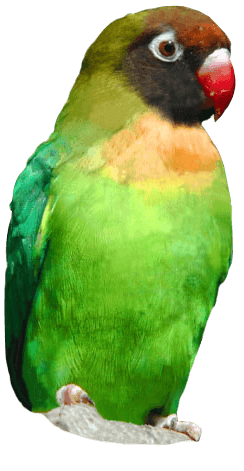
Baby Ape Sholo goes Solo at Sussex Zoo
A recent study by researchers in Japan has discovered that lar gibbons use the same techniques as soprano opera singers to control the natural frequencies of their vocal tract. These graceful apes are excellent songsters and it would appear that just like humans, they are able to adjust the shape of their mouth and tongue to amplify the higher sounds of their distinctive chorus.
Reaching the dizzy heights of these vocal harmonies is still a long way off for the youngest member of the lar gibbon family at Drusillas Park but at just nine months old Sholo is already starting to mimic his parents, Ulu and Tali and attempt some basic vocalisations.
Born in December 2011 the funky young gibbon is just a quarter of the size of the adults; nevertheless that doesn’t stop him exerting his independence. Over the last few weeks he has started branching out alone and getting into the swing of life at the zoo.
Gibbons have a reputation as the trapeze artists of the animal kingdom. They are able to glide up to 12 metres through the air using their elongated arms to move from branch to branch in an effortless motion.
Following in the arm-steps of many gibbons before him, Sholo is starting to develop the skills of his parents, moving between the trees and ropes at Drusillas; although mum, Tali never lets him get too far away.
Throughout the early years, gibbon babies remain dependent on their mothers for both warmth and food. Sholo will be nursed for up to two years and will not reach full maturity until the age of eight.
Lar gibbons mostly eat fruit, leaves, flowers and seeds but they will also eat small animals. Since May, Sholo has been feeding himself little amounts of food, with grapes seeming a particular favourite.
In the wild lar gibbons are found throughout the forests of Southeast Asia, where populations are threatened mainly due to hunting and loss of habitat. They live in family groups and are monogamous, mating for life.
Ulu and Tali were paired at Drusillas as part of the European breeding programme.




